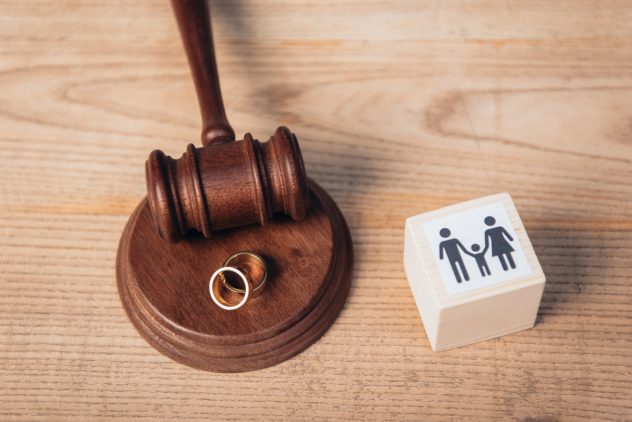What Happens After Judge Signs Divorce Decree?
Each and every divorce case is unique, which means there is no way to predict exactly what will happen once a divorce decree is signed by the judge. However, we can explore a few common scenarios below!
What Is A Divorce Decree?
Think of a marital settlement agreement as simply the preliminary process of the divorce requirements. A divorce decree, meanwhile, legally mandates that you are divorced in the eyes of the law.
There are a few different steps you cannot legally take until this document has been drawn up. This includes getting your former name back, remarrying, transferring assets, and legally identifying as divorced.
In the majority of cases, the court issues a divorce decree once you have completed and finalized the marital settlement agreement. You and your spouse will ultimately enter into a contested divorce if terms cannot be agreed upon.
What Happens Once A Judge Signs The Divorce Decree?
The finalized divorce decree will include all formal court orders issued when the judge grants the divorce. Your divorce becomes final as soon as the assigned judge stamps his or her approval. The decree will contain the details of the judge’s decisions based on the testimony and evidence presented in court.
In the majority of these cases, the judge will rule on the following basic questions:
- How will the spouses split their marital property and debts?
- Will one spouse be making support payments to the other spouse?
- Who will have custody of the children, and how will the children’s time be divided between their parents?
Following your hearing, the judge will typically take some time to review the case before issuing a divorce decree. This generally takes a week or two for the judge to complete this portion.
Your attorney should notify you that the decree is ready for your signature, but don’t be too hasty to sign this. Take some time to read it thoroughly, checking for any errors or mistakes.
Conclusion
Spouses will want to be certain the language used in the decree is clear and concise. For instance, a decree that calls for “reasonable” division of parenting time can be quite vague. One spouse may try to take advantage of this lack of clarity.
Always review the decree with your attorney prior to signing it. You may be able to catch any issues before the divorce is finalized. This will help to avoid future court appearances to ultimately modify an unsatisfactory decree.
Source:
- What Happens After A Judge Signs My Divorce Decree? Retrieved February 11, 2025. from https://www.dalefamilylaw.com/blog/2023/05/what-happens-after-my-divorce-decree-is-signed/
Collaborative Divorce And Child Custody
Discussions about child custody issues are always difficult during a divorce. While there is no way to make them easy or comfortable, you can find ways to work together. The collaborative divorce process helps with tools and professionals to make child custody and other decisions a little more manageable. By working together as a team, you’re able to make the decisions that are best for the kids.
Collaborative divorce can make these challenging times more manageable. It requires you to work with your spouse at a time when you have decided you need to go your separate ways. When it comes to child custody, though, you want to do all you can to make the right parenting decisions. Collaborative divorce can help create pathways for you to cooperate. If you live in the Phoenix/Scottsdale area and want to learn more about collaborative divorce, contact Ogborne Law today.
Engaging with an attorney to protect your family is never an easy step. Whether you need to protect your family from the unthinkable or restructure your family through collaborative divorce, we’re here to help. When you’re ready to schedule a consultation with Michelle Ogborne, please visit the scheduling page to get started.







